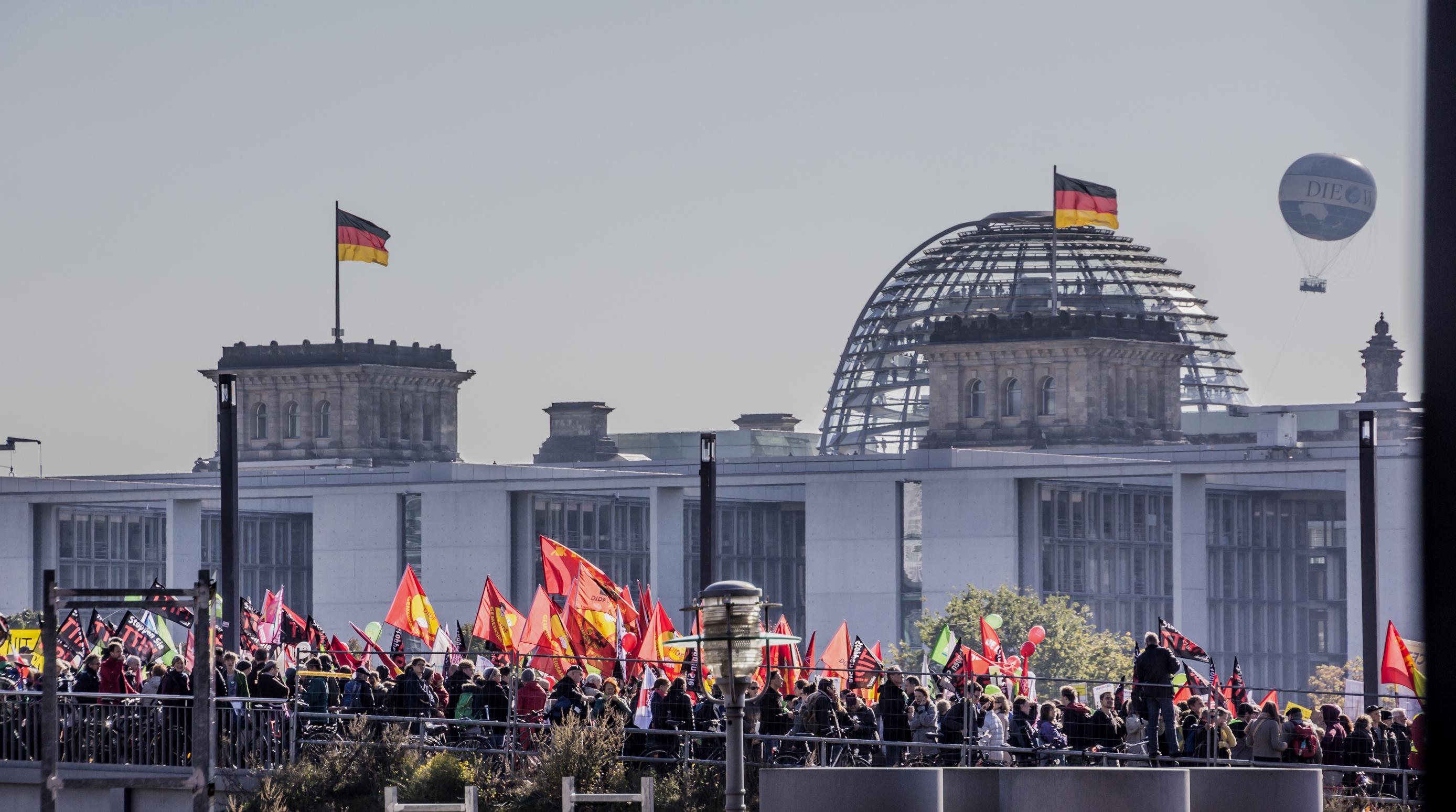The End of a Happy Parenthesis. How the War in UkraineI Is Forcing Germany to Rethink Its Model
The period of peace, economic prosperity, and political stability that Germany has experienced since the end of the Cold War ends with the Ukrainian war. The shock wave of this conflict particularly hit its economy and thereby undermines the foundations on which Germany had based its power, its international influence and established its identity.

The return of war on the European continent leaves Germany shattered in its certainties, weakened in its prosperity, and troubled in its confidence in the future. The competitiveness of the German production site is questioned, and the country is exposed to a risk of deindustrialization and economic stagnation. To what extent will the Scholz government be able to demonstrate its adaptability, like Chancellor Schröder did in the early 2000s, by shaping an ambitious reform agenda? The capacity to define a decarbonized economic model, globally competitive and respectful of social standards, will be a determining element. How should the principles of the social market economy and ordo-liberalism be adapted: will the German state get more assertive as regards industrial and commercial policy? Through the choices that will be made in terms of energy mix, modernization of its economy and social policy, Germany constitutes a laboratory for Europe.
Even if the challenges ahead are considerable, Germany retains significant assets, through its financial power, its innovation potential, and its industrial base, but also the strength of its institutions. In the early 2000s, it already demonstrated its ability to turn a difficult situation to its advantage. Regarding its security, the work of reassurance towards the United States and NATO, of catching up on capabilities for its armed forces and of repositioning industrial partnerships, demonstrates an undeniable pragmatism.
Éric André Martin is Secretary General of the Study Committee on Franco-German Relations (Cerfa).
This publication is available in French: "La fin d’une parenthèse heureuse. Comment la guerre d’Ukraine contraint l’Allemagne à repenser son modèle" (pdf).
Related centers and programs
Discover our other research centers and programsFind out more
Discover all our analysesThe Franco-German Brigade and the Revival of European Defense
One thing has been clear since Donald Trump's return to the White House: the very existence of the European unification project is threatened. Unless it develops a sovereign defense policy to counter the war in Ukraine and the weakening of American security guarantees, the European Union will continue to see its internal cohesion and external attractiveness wane.
Friedrich Merz and the Zeitenwende 2.0. A “New Era” for Transatlantic Relations?
On February 23, 2025, almost 60 million voters were called upon to elect a new Bundestag. These elections will also give rise to a new government in Europe's largest economy.
After the Elections: Germany in Search of Shaken Stability?
With a voter turnout of 82.5%, Germany recorded its highest participation since 1987—an increase of 6.1 percentage points compared to 2021. As in the previous election, the high turnout particularly benefited the Alternative for Germany (AfD), which was able to mobilize many former non-voters. Many voters sought to punish the outgoing government with their ballots, as its approval rating had dropped to just 14% before the coalition broke apart in November 2024. Germany is now very likely heading toward a grand coalition between the CDU/CSU and the SPD, with exploratory talks having begun on February 28.
The German Greens as an Alliance Party: The End of an Illusion?
At the Wiesbaden Congress in November 2024, Robert Habeck, currently Minister for the Economy and Climate, was nominated as the Green Party’s candidate for the Chancellorship in the early parliamentary elections on February 23, 2025. The party, founded 45 years ago, is now firmly established in the German political landscape. Wishing to turn the page on an unloved ‘‘traffic light’’ coalition, the party is banking on a personal campaign and an optimistic discourse based on the energy transition and social justice.









